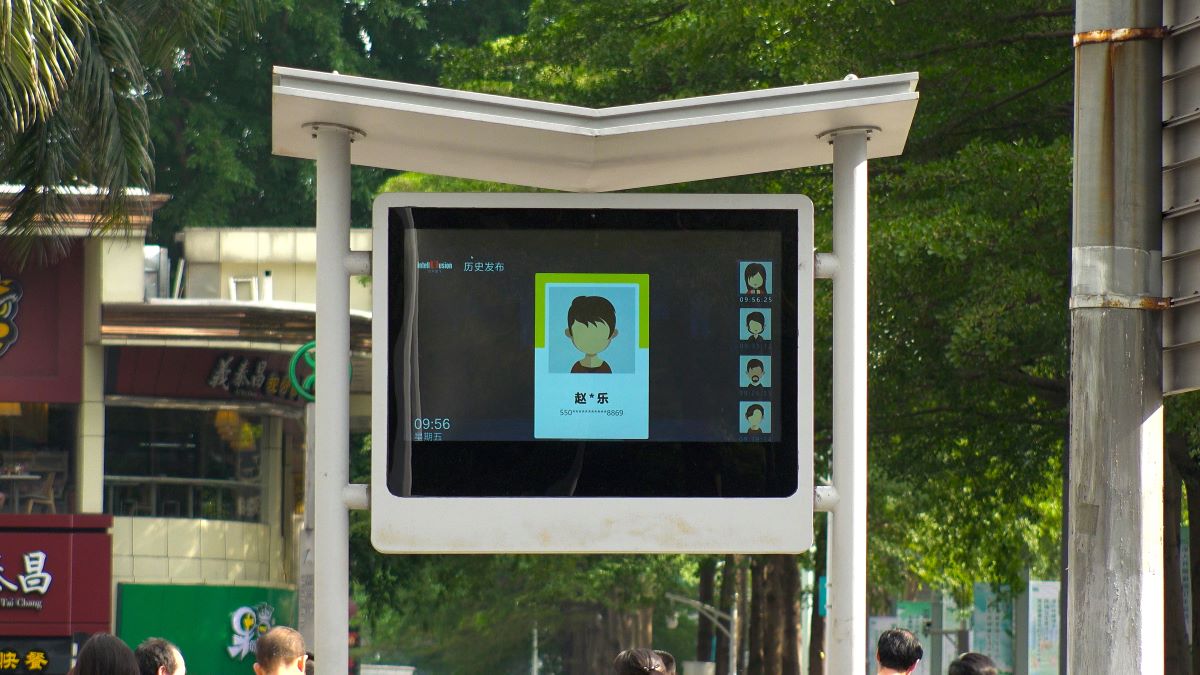Generative artificial intelligence (AI) stands out as a significant advancement in the technology landscape, and China’s AI sector is strategically positioning itself to leverage this trend and use it to boost the economy.
The nation has tactically invested in the research and development of AI over the past decade and ramped up its commitments significantly since 2021. International Data Corporation (IDC) predicts that China’s investment in AI is set to reach $38.1 bn in 2027, representing 9% of the total global AI investments.
Besides, the ever-growing data reserves in China have played a crucial role in AI development. In October 2023, China inaugurated the National Data Administration (NDA) to streamline and intensify efforts to become a global digital economy. NDA’s responsibilities include the organisation and regulation of large data pools, boosting the nation’s AI aspirations.
AI to bring in trillions to the Chinese economy?
The nation’s efforts towards AI development and adoption could also give a major boost to the economy. In a press conference last week, Senior Partner at McKinsey & Company, Violet Chung, predicted that Generative AI could further release economic benefits worth $2 tn worth in China every year based on developments in traditional AI and advanced analytics technologies.
Additionally, the Asia Society Policy Institute anticipates AI to be a major growth-driver for China’s econom: “Artificial Intelligence has emerged as a potentially transformative force in the Chinese economy, reshaping industries, driving innovation, and fuelling economic growth.”
ChatGPT placed the spotlight on artificial intelligence and the Chinese tech giants like Baidu, ByteDance, and Alibaba rushed to capitalise on it. Interestingly, generative AI has a far-reaching influence and can boost the entire SaaS industry by offering scalable, cost-friendly, and flexible product offerings. Other industries that can be key beneficiaries of AI advancements in China are hardware and cybersecurity. The McKinsey report also revealed that automotive, transportation, and logistics will drive the maximum economic benefits of AI to China, followed by the manufacturing and enterprise software sectors.
China counting on AI for industrial growth
Researchers believe that China has softened its severe regulatory stance to boost artificial intelligence after its tech-sector crackdown in 2021 wiped off a massive amount from the market.
Angela Huyue Zhang, Faculty of Law, of the University of Hong Kong, told Project Syndicate, “While China was an early mover in regulating generative AI, it is also highly supportive of the technology and the companies developing it.”
Also, the real estate-driven economic crisis has prompted China to bank on its technological and industrial advancements to support a rebound. Jin Zhuanglong, minister of Industry and Information Technology, stated that technologies such as AI are critical for China’s path to industrial transformation. In an interview with news agency Xinhua, Jin said, “Beijing will map out digital transformation action plans for key industries and areas with AI as a highlight.”
Labour gap, US-China chip war pose challenges
China’s path to establishing its global dominance in artificial intelligence has pertinent obstacles. One of the biggest impediments is the widening workforce gap in AI. With a low birth rate in the country, fewer students are going to universities. Moreover, educational institutions lack facilities to adequately equip graduates with the necessary AI-related skills. “China’s need for workers skilled in AI is expected to grow sixfold by 2030,” McKinsey’s Senior partner Alex Sawaya points out.
Moreover, the US-China tech rivalry is another major challenge faced by the AI sector in China. In a bid to counter China’s progress in AI, the US has ordered excessive monitoring of AI-chip shipments to the nation since October 2023. It has cited security concerns for doing so. In a latest development, Nvidia has delayed the launch of its China-focused artificial intelligence chip H20 amid the export controls imposed by the Biden administration.
Besides, China also needs to ensure the ethical use of AI to attract more investments. For this, China needs to strengthen its legal framework for intellectual property protection.


 Australia
Australia China
China India
India Indonesia
Indonesia Japan
Japan Malaysia
Malaysia Philippines
Philippines Singapore
Singapore South Korea
South Korea Taiwan
Taiwan Thailand
Thailand Vietnam
Vietnam







